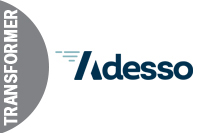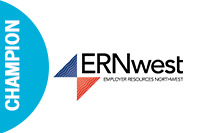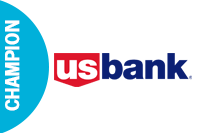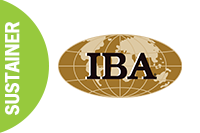- Tips are any gratuitous payment made by a customer to one who serves the customer. They include cash tips, credit or debit card tips, or tips by check.
- If an owner retains any portion of owner-imposed service charges (such as mandatory tip amounts for large parties), the owner must notify customers on an itemized receipt, and the percentage of the charge that will be paid directly to the employee serving the customer must be stated in the menu. The portion of the service charge paid to the employee may be characterized as wages when distributed, rather than tips, but must be in addition to the employee’s hourly wages. Customers must pay sales tax on service charges, and employees need not record receipt of service charges as a tip.
- Tips are taxable income. All tips must be reported as wages on an employee’s tax returns, and are subject to employment taxes and withholding.
- An employer may deduct credit or debit card processing fees from tips paid by a customer to an employee by credit or debit card before remitting the tips to the employee. Only the tips actually received by the employee (i.e., after processing fees have been deducted) are taxable income to the employee.
- Employers are required to keep records of charge receipts, tips reported by employees, gross receipts, charged tips and allocated tips.
- Employees are also required to keep a record of their tips. IRS Form 4070Amay be used to record tips each month. If employees do not keep a daily record of tips, they must keep other reliable proof, including copies of bills and credit card charge slips showing tips. If an employee participates in a tip pool and tips out to others, that employee should report only the tips he or she retains. Similarly, if an employee receives tipped-out amounts from a tip pool, that employee must record receipt of those amounts as tips.
- If an employee does not keep records of his or her tips, the IRS may use other methods to determine income.
- Tips must be reported to the employer if they exceed $20 while working for any one employer in a calendar month. IRS Form 4070may be used to report tips to an employer.
- At a minimum, tips are required to be reported to the employer by the tenth day of the month following the month in which the tips are earned, or earlier if the employer requires. If the tenth day of the month is a weekend or legal holiday, employees should give their reports to their employers the following business day.
- Employees are subject to a 50 percent penalty of the employee’s share of FICA (social security and Medicare) tax for not reporting tips to the employer, unless the employee can show reasonable cause for not reporting tips.
- If an employee does not report his or her tips to the employer, he or she must report the tips as taxable income on Federal Income Tax Return Form 1040(not Form 1040A or 1040EZ) and file Form 4137to pay the employee share of the FICA tax on the tips.
- If tips are reported to the employer, the employer must withhold for FICA and Federal Income Tax, and pay FICAand FUTAtax. The withholdings for FICA and FUTA tax stop when per-employee maximums are reached.
- The employer must file Form 8027with the IRS if the employer operates a “large food and beverage establishment.” A large food and beverage establishment is one where:
- Food and beverage is provided on the premises for consumption; and
- Tipping is a customary practice; and
- More than 10 employees who work more than 80 hours were normally employed on a typical business day during the preceding calendar year.
- If the employer is required to file Form 8027, and they meet certain criteria, they may have to allocate tips. If the total tips reported by all employees are less than 8 percent of the employer’s gross receipts, the employer must allocate the difference (unless the employer has requested a lower rate from the IRS, and the IRS grants the request). Under this scenario, the employer must divide the difference between the actual amount of tips reported by all employees and the amount equal to 8 percent of the employer’s gross receipts. They must then distribute the funds among all employees who receive tips.
Employers may base the allocation on each employee’s share of gross receipts, hours worked, or on a written agreement between the employer and the employees. These methods are outlined in more detail in the IRS Form 8027 instructions. The employer should show the amount allocated for each employee in Box 8, “Allocated Tips,” on the employee’s Form W-2. The employer should not withhold income, Social Security or Medicare taxes on allocated tips.
If you have any further questions about this topic or others, see the Department of Labor & Industries’ Help for Small Business page at http://www.lni.wa.gov/Main/SmallBusiness/.
Rev. 1/2/18
This article is an excerpt from the Handbook for Excellent Restaurant Operations (HERO), published by the Washington Hospitality Association. Want a hard copy of the whole manual? It’s one of the many benefits of becoming a member! Find out more about joining the Washington Hospitality Association here.





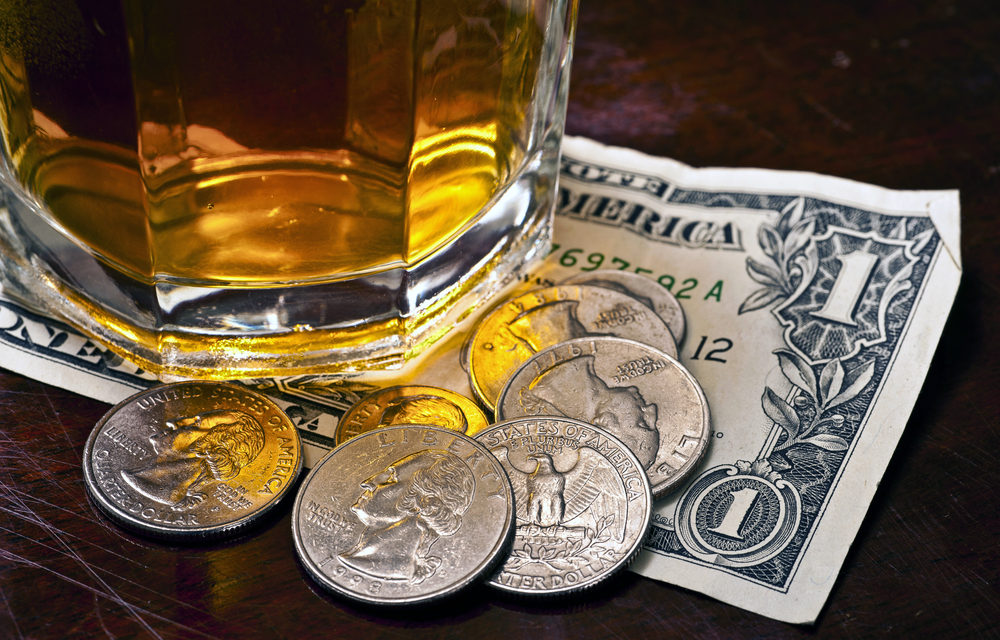













![Webinar replay! [Ask a Lawyer] Best hiring practices](https://wahospitality.org/wp-content/uploads/2024/05/CatherineHiring-webinar-150x150.png)




